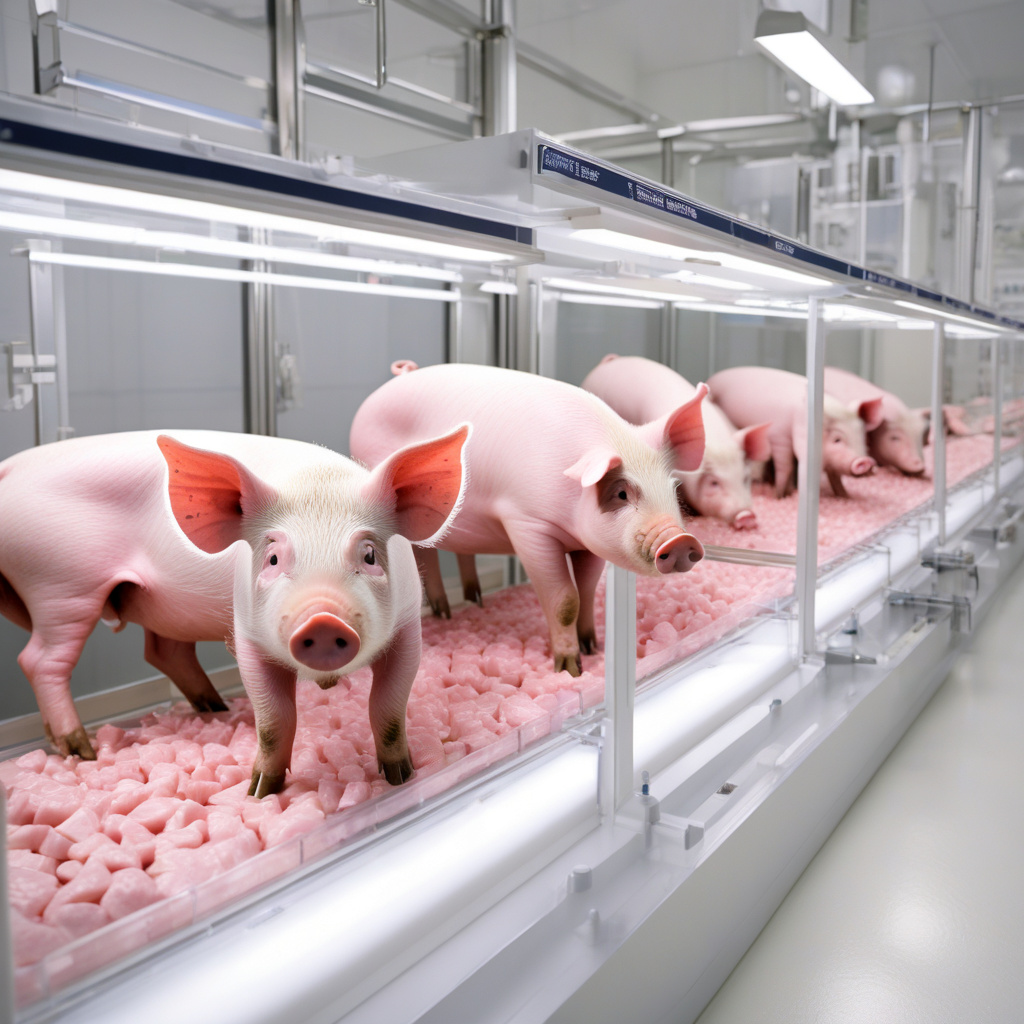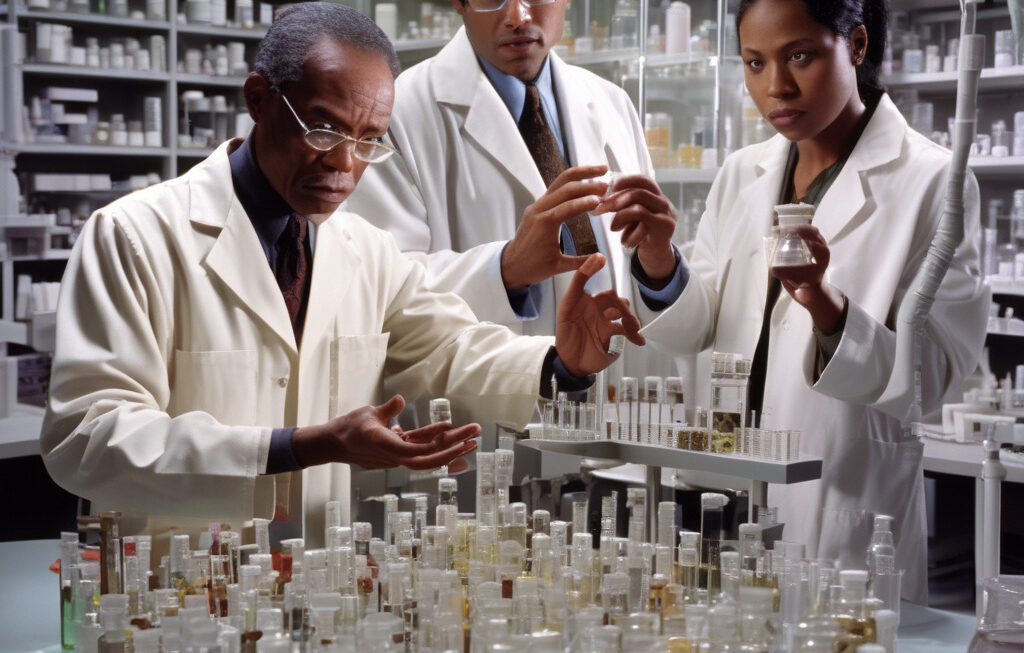The Future of Bacon? Gene-Edited Pigs Get US FDA Approval for Human Consumption
The US Food and Drug Administration has given the green light to gene-edited pigs for human consumption, marking a significant milestone in the realm of biotechnology and food innovation. This decision paves the way for a new era in agriculture, where genetically modified animals could play a crucial role in addressing global food security challenges.
Gene editing technology allows scientists to make precise changes to an organism’s DNA, offering a level of control and specificity that was previously unimaginable. In the case of the gene-edited pigs, researchers have focused on developing animals that are resistant to certain diseases, such as the deadly Porcine Reproductive and Respiratory Syndrome (PRRS).
PRRS is a highly contagious and economically devastating viral disease that affects pigs worldwide. By introducing genetic modifications that make the pigs less susceptible to PRRS, scientists hope to not only improve animal welfare but also enhance the sustainability of pork production.
The approval granted by the FDA underscores the rigorous evaluation process that gene-edited animals must undergo before being deemed safe for consumption. Regulators assess factors such as the safety of the genetic modification, any potential health risks, and the welfare of the animals themselves.
Proponents of gene-edited animals argue that these innovations hold the key to a more efficient and sustainable food system. By reducing the incidence of diseases and improving the overall health of livestock, gene editing could lead to higher yields, lower production costs, and a reduced reliance on antibiotics and other interventions.
Critics, however, raise concerns about the potential ethical and environmental implications of gene editing in agriculture. They worry that the unintended consequences of manipulating an animal’s genetic code could have far-reaching effects on biodiversity, ecosystem stability, and even human health.
Despite the ongoing debate surrounding gene-edited animals, it is clear that this technology has the potential to revolutionize the way we produce and consume food. In addition to pigs, researchers are exploring the use of gene editing in other livestock species, such as cows and chickens, with the aim of creating animals that are more resilient, productive, and sustainable.
As we look to the future, it is essential that we approach these advancements with caution, ensuring that they are guided by principles of transparency, safety, and ethical responsibility. By fostering an open dialogue between scientists, regulators, industry stakeholders, and consumers, we can harness the power of gene editing to build a more resilient and sustainable food system for generations to come.
In conclusion, the FDA’s approval of gene-edited pigs for human consumption represents a significant step forward in the field of agricultural biotechnology. While the road ahead may be paved with challenges and uncertainties, one thing is clear: the future of food is being reshaped by innovation, and gene-edited animals are poised to play a central role in this transformation.
gene editing, biotechnology, food innovation, sustainable agriculture, future of food











